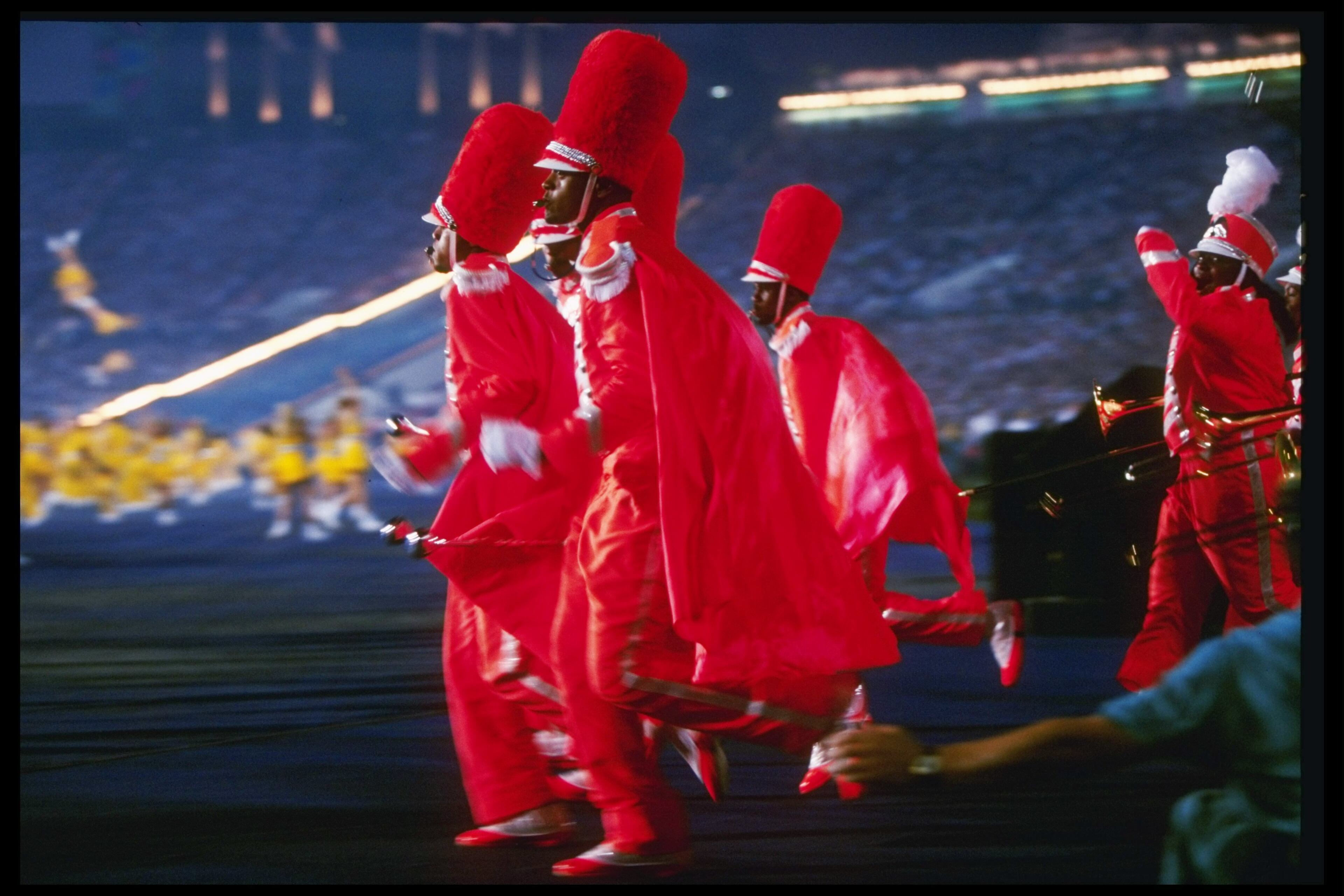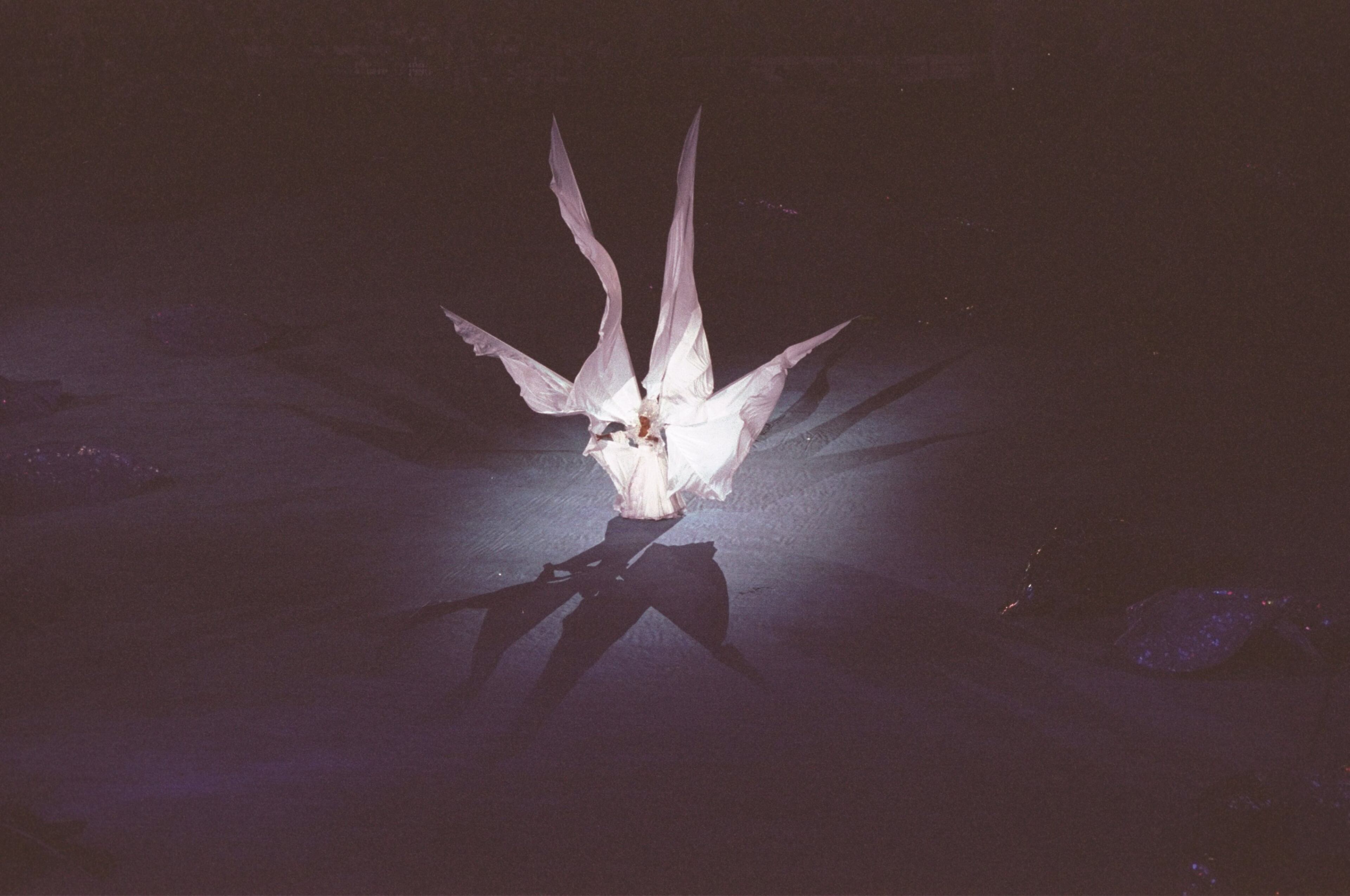On this day: Opening Ceremonies | 1996 Atlanta Olympics

























Editor’s Note: This story was published in the Atlanta Journal-Constitution on Saturday, July 20, 1996, following the opening ceremonies. This is a daily take of the events that transpired on the 25th anniversary of the Games in Atlanta.
The world came to sit a spell in Atlanta on Friday night.
Almost unbelievably, 3.5 billion people — two-thirds of the world’s population — watched a spectacle unlike anything they’ve ever seen: a high-tech extravaganza spiced with gospel music, cheerleaders and chrome pickup trucks.
Yet the most dramatic display at the Olympic stadium was of the human spirit.
In a stunning surprise, at 12:25 a.m., one of the most beloved athletes in the history of sport, former boxing gold medalist and world champion Muhammad Ali, laid the torch to a wire, which carried the flame up to the caldron.
Also carrying the torch into in the stadium were Evander Holyfield, Voula Patoulidou, and U.S. swim team member Janet Evans.

The Games opened in a burst of pageantry and song. The Opening Ceremony was designed as a three-part harmony, celebrating the world’s youth, the South and the 100th anniversary of the modern Games.
And so children sang and danced, fireworks exploded, Gladys Knight performed “Georgia On My Mind,” Air Force jets streaked overhead, outsized silhouettes of ancient Greek athletes were projected on curtains and on-field dancers held up flashcards that spelled: “HOW Y’ALL DOIN!”
Then, in the traditional march of global brotherhood, more than 10,000 athletes from a record 197 nations paraded into the stadium. The Greek contingent entered first. As host nation, the United States entered last, with wrestler Bruce Baumgartner, a four-time Olympian, carrying the Stars and Stripes.
President Clinton came to his native South to say the time-honored words: “I declare open the Centennial Games of the 26th Olympiad of the modern era.” Billy Payne, the man who brought the Games to Atlanta, said: “Look into the faces of these athletes. . . . Promise them that you will never forget what you see and feel tonight.”
Cities are defined by such moments. Atlanta’s history has been shaped by Civil War and civil rights, colossal human struggles. Yet not since the 1968 funeral of the Rev. Martin Luther King Jr. has the world paused to observe this city so closely. On that grim day, 150,000 mourners marched behind the slain civil rights leader’s casket and sang “We Shall Overcome.”
Just as King’s audiotaped voice was heard on his funeral day inside Ebenezer Baptist Church, the voice of Atlanta’s most famous native boomed anew during Friday’s ceremony. Portions of King’s famed, “I Have A Dream” address from the 1963 March on Washington exploded through the 83,100- seat stadium and across the streets of Summerhill.
That punctuated a day of honor for the King legacy. Earlier Friday, Coretta Scott King had carried the torch, then passed it to her son Dexter in front of King Chapel at Morehouse College.
The portrayal of Southern history during the ceremony sprang from a saying by the ancient Greeks — “Pathein, Mathein,” or “To suffer is to know.”
Day 2: First medals of Games


